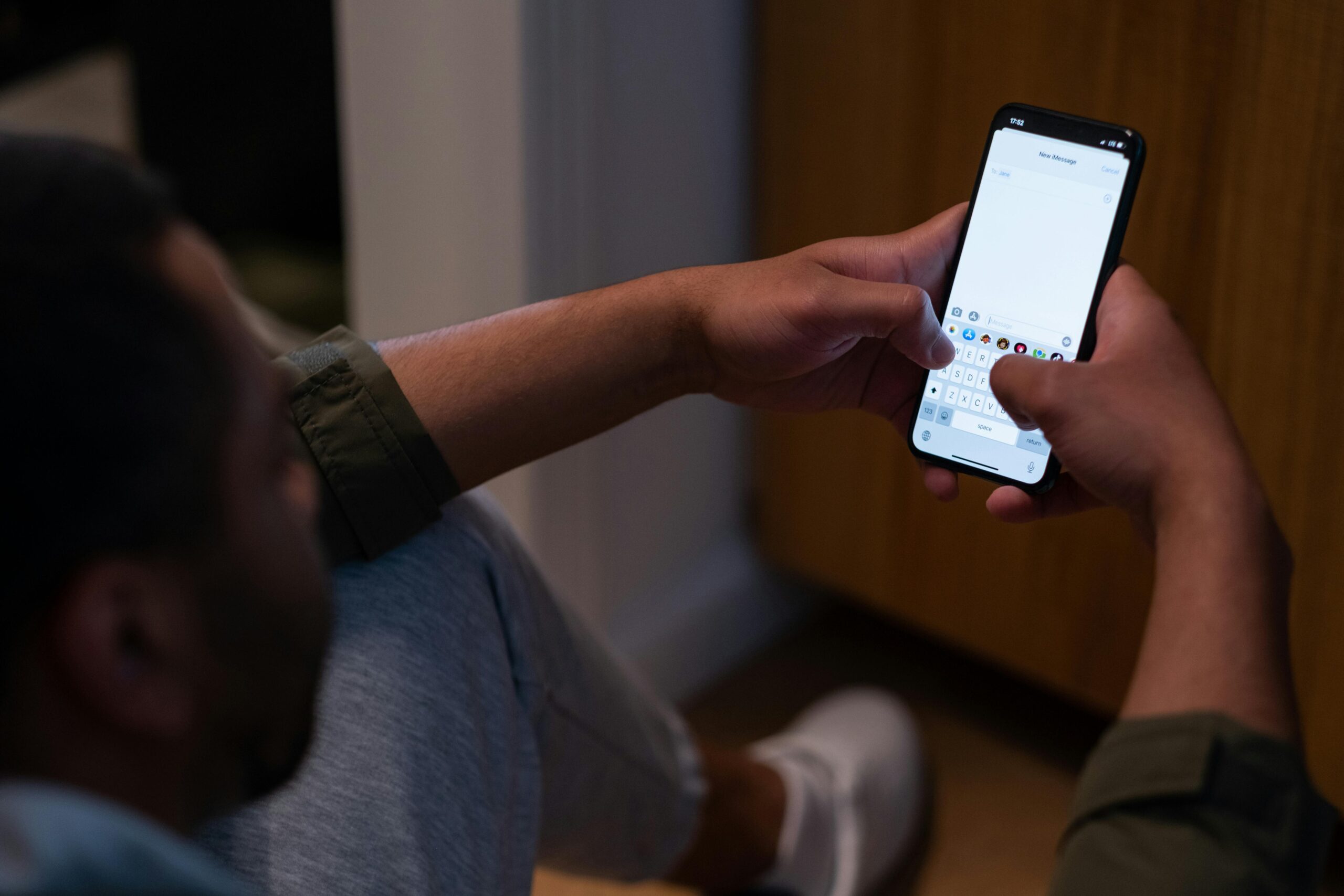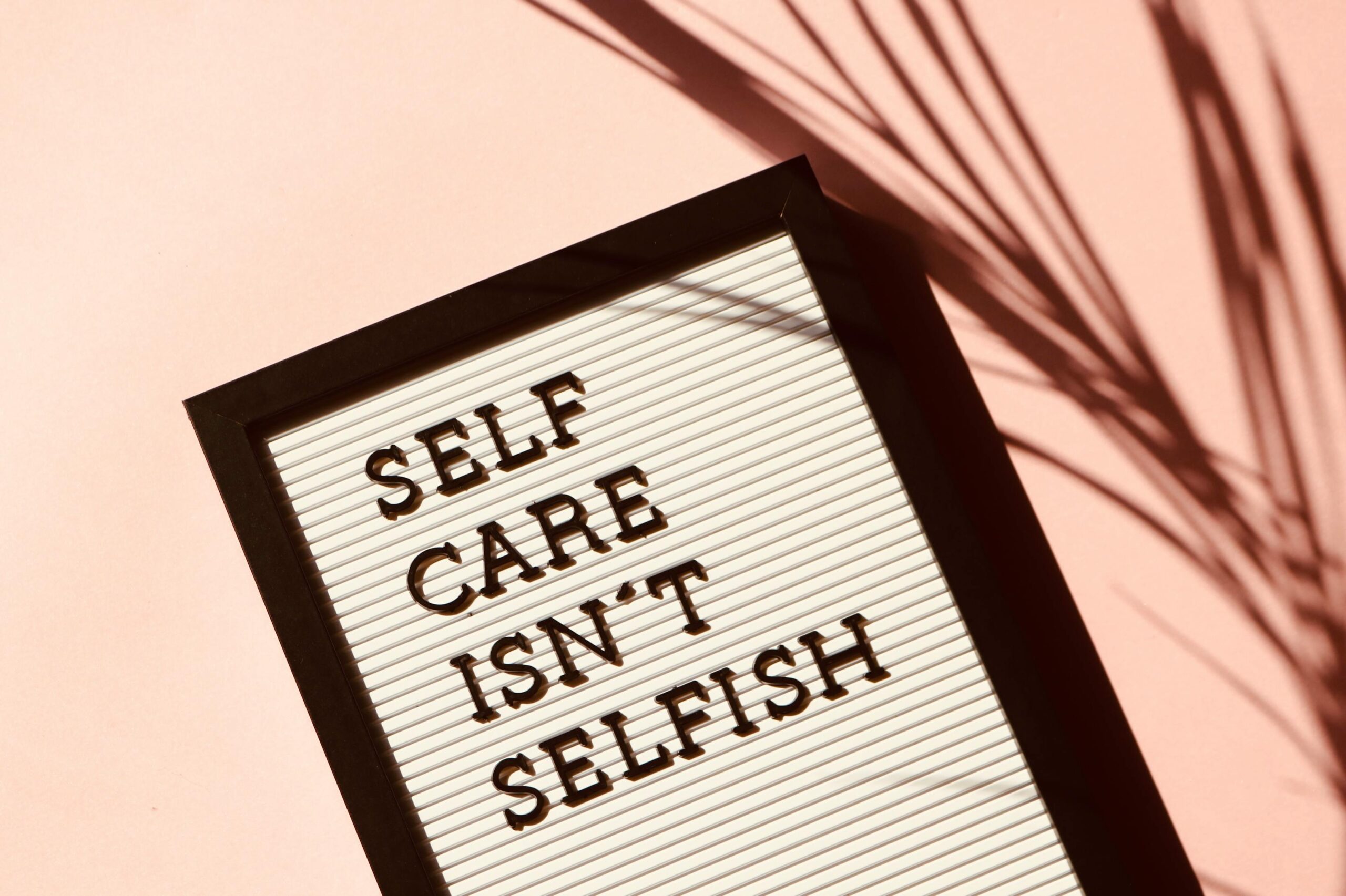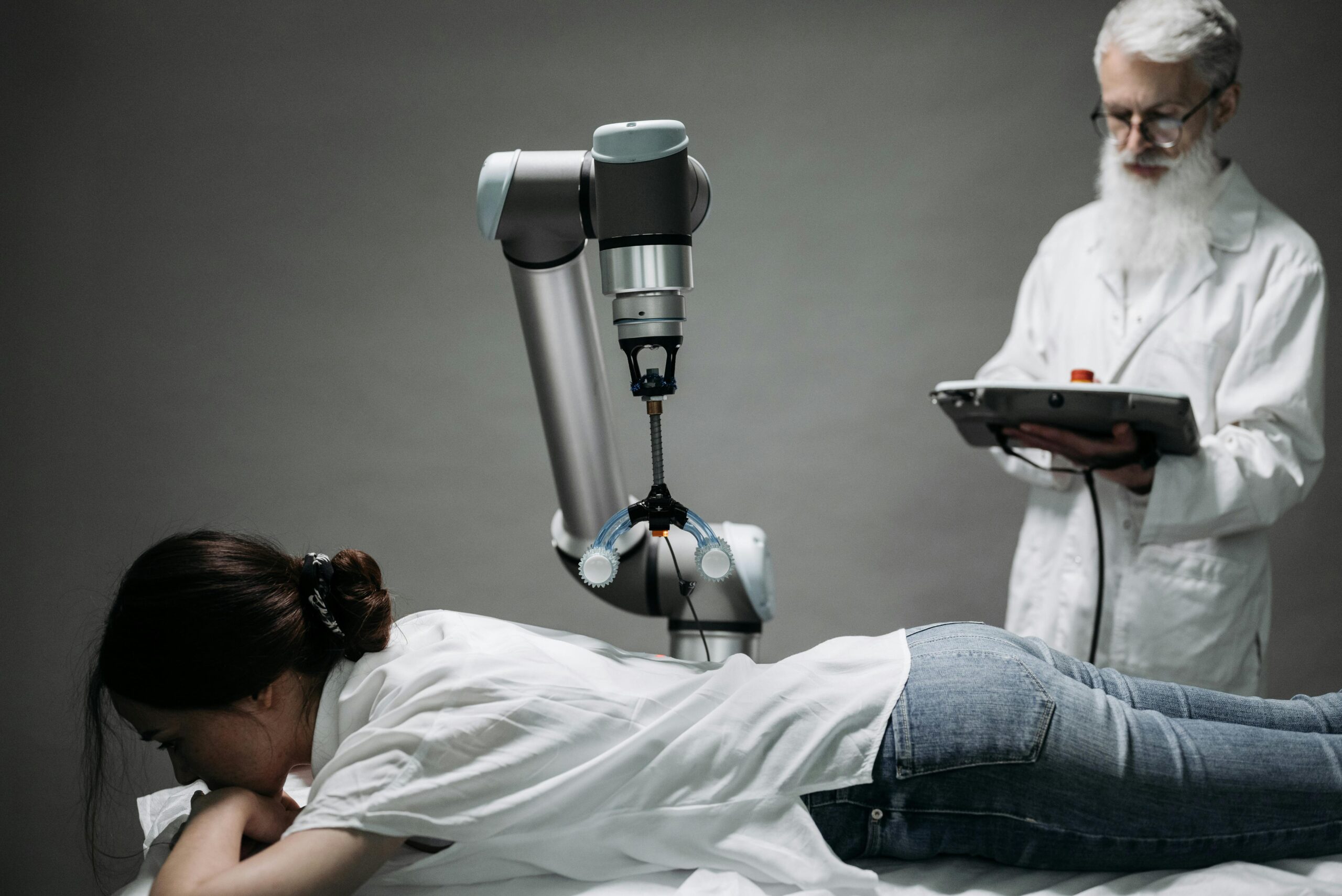Stress has become an invisible epidemic in modern life, affecting millions worldwide. But what if artificial intelligence could help you monitor, manage, and ultimately reduce your stress levels? 🧠
In today’s fast-paced world, stress sneaks up on us in countless ways—through work deadlines, family responsibilities, financial pressures, and the constant connectivity of digital life. While stress is a natural human response, chronic stress can wreak havoc on our physical health, mental well-being, and overall quality of life. The good news? We’re entering an era where artificial intelligence is transforming how we understand and manage stress, offering personalized insights that were once impossible to obtain.
The intersection of AI technology and mental health represents one of the most promising frontiers in wellness innovation. From smartwatches that detect elevated cortisol levels to mobile applications that analyze speech patterns for signs of anxiety, AI-powered stress monitoring tools are becoming increasingly sophisticated and accessible. These technologies don’t just track symptoms—they learn your unique patterns, predict stress triggers, and provide actionable recommendations tailored specifically to you.
Understanding the Science Behind AI Stress Detection 🔬
Artificial intelligence excels at identifying patterns that humans might miss. When it comes to stress monitoring, AI algorithms analyze multiple data streams simultaneously, creating a comprehensive picture of your physiological and psychological state. This multi-dimensional approach provides unprecedented accuracy in stress assessment.
The technology works by collecting data from various sources: biometric sensors track heart rate variability, skin temperature, and galvanic skin response; voice analysis detects changes in tone, pitch, and speech patterns; behavioral monitoring observes sleep quality, activity levels, and smartphone usage patterns; and self-reported data incorporates your subjective experiences through mood journals and questionnaires.
Machine learning algorithms then process this information, comparing your current state against baseline measurements established over time. The AI continuously refines its understanding of what “stressed” looks like specifically for you, accounting for individual differences that make each person’s stress response unique.
How Wearable Devices Are Revolutionizing Stress Awareness ⌚
Wearable technology has emerged as the frontline tool for continuous stress monitoring. Devices like smartwatches and fitness trackers now incorporate sophisticated AI algorithms that provide real-time feedback about your stress levels throughout the day.
Heart rate variability (HRV) serves as one of the most reliable indicators of stress. Your HRV reflects the variation in time between consecutive heartbeats—a metric closely tied to your autonomic nervous system. When you’re stressed, your sympathetic nervous system (the “fight or flight” response) dominates, reducing HRV. AI-powered wearables continuously monitor HRV, alerting you when patterns suggest elevated stress levels.
Modern wearables go beyond simple tracking. They provide contextualized insights, recognizing that an elevated heart rate during exercise differs fundamentally from an elevated heart rate during a work meeting. This contextual awareness allows the AI to distinguish between healthy physical exertion and stress-induced physiological changes.
The Power of Predictive Analytics
Perhaps the most transformative aspect of AI stress monitoring is its predictive capability. By analyzing historical data, AI systems can identify patterns that precede stress episodes. Maybe your stress levels consistently spike on Sunday evenings, or perhaps specific calendar events trigger anxiety. Armed with these insights, you can take preemptive action before stress escalates.
Some advanced systems even correlate environmental factors—weather patterns, air quality, seasonal changes—with your personal stress levels, revealing connections you might never have consciously recognized. This holistic understanding empowers you to make informed lifestyle adjustments that address root causes rather than just managing symptoms.
AI-Powered Mobile Applications for Daily Stress Management 📱
While wearables excel at physiological monitoring, smartphone applications leverage AI to provide comprehensive stress management ecosystems. These apps combine passive monitoring with active interventions, creating personalized wellness programs that adapt to your changing needs.
Voice and speech analysis represents a particularly innovative application of AI in stress detection. Your voice carries subtle markers of emotional state—slight changes in pitch, speaking rate, and voice quality can indicate stress, anxiety, or depression. AI algorithms trained on vast datasets of vocal patterns can detect these changes, sometimes before you consciously recognize your stress level has increased.
Digital phenotyping takes this concept further by analyzing how you interact with your smartphone. Changes in typing speed, app usage patterns, communication frequency, and even how you hold your phone can reveal stress trends. This passive monitoring requires no effort on your part, yet provides valuable data that AI systems use to generate personalized recommendations.
Cognitive Behavioral Therapy Enhanced by AI
Several applications now incorporate AI-enhanced cognitive behavioral therapy (CBT) techniques. These digital therapists provide evidence-based interventions personalized to your specific stress patterns. The AI guides you through exercises designed to reframe negative thought patterns, delivers breathing exercises calibrated to your current heart rate, and suggests coping strategies based on what has worked for you previously.
The advantage of AI-powered CBT is its availability—24/7 access to support means help is always at your fingertips, whether you’re experiencing a midnight anxiety episode or a stressful moment during your commute. The AI never judges, never tires, and continuously learns what works best for you.
Creating Your Personal Stress Profile Through Data 📊
One of the most valuable outputs of AI stress monitoring is the creation of your unique stress profile. This comprehensive portrait reveals patterns, triggers, and effective management strategies specific to you, moving beyond generic advice to truly personalized wellness guidance.
Your stress profile might reveal surprising insights. Perhaps you discover that your stress isn’t primarily work-related as you assumed, but rather stems from poor sleep quality affecting your resilience. Or maybe the data shows that morning exercise provides you with an eight-hour stress-buffering effect, while afternoon workouts don’t offer the same benefit.
Understanding your stress triggers allows for strategic life design. If the AI identifies that your stress consistently escalates during specific meetings or interactions with certain individuals, you can prepare coping strategies in advance or adjust your schedule to include recovery time afterward.
The Role of AI in Sleep and Stress Connection 😴
Sleep and stress exist in a bidirectional relationship—poor sleep increases stress susceptibility, while elevated stress disrupts sleep quality. AI excels at mapping this complex interaction, providing insights that help you optimize both simultaneously.
Sleep tracking algorithms analyze movement patterns, heart rate, breathing, and environmental factors to assess sleep quality with remarkable accuracy. More importantly, AI systems correlate your sleep data with daytime stress levels, revealing how specific sleep patterns impact your stress resilience.
These systems might discover that you need exactly seven hours and forty minutes of sleep for optimal stress management—not the generic eight hours often recommended. Or perhaps the AI identifies that your sleep position affects sleep quality and subsequent stress levels. This granular personalization transforms sleep from a vague wellness concept into a precision tool for stress management.
Smart Sleep Interventions
AI doesn’t just monitor—it intervenes. Smart alarm systems use AI to wake you during optimal sleep phases, preventing the grogginess and stress that comes from abrupt awakening during deep sleep. Some systems adjust bedroom temperature, lighting, and sound environments based on your sleep patterns, creating conditions that promote restorative rest.
Privacy Considerations in AI Stress Monitoring 🔒
With AI systems collecting intimate data about your physiological state, emotions, and daily patterns, privacy naturally becomes a crucial concern. Understanding how your data is used, stored, and protected is essential when choosing stress monitoring tools.
Reputable AI stress monitoring platforms implement robust security measures including end-to-end encryption, local data processing where possible, and transparent data usage policies. Many systems perform AI analysis directly on your device rather than sending raw data to external servers, minimizing privacy risks.
When evaluating AI stress monitoring tools, consider these privacy factors: data storage location and duration, third-party data sharing policies, anonymization practices, user control over data deletion, and compliance with privacy regulations like GDPR or HIPAA where applicable.
The most trustworthy platforms recognize that your stress data belongs to you. They provide clear explanations of how AI algorithms work, offer granular control over what data is collected, and never monetize your personal information without explicit consent.
Integrating AI Stress Monitoring into Your Daily Routine ✨
The effectiveness of AI stress monitoring depends on consistent engagement. However, this doesn’t mean constant attention to your devices—rather, it means establishing sustainable habits that integrate monitoring seamlessly into your existing lifestyle.
Start by choosing one or two monitoring methods that align with your preferences and lifestyle. If you already wear a watch, a smartwatch with stress monitoring features represents a natural evolution. If you prefer minimal technology, an AI-powered app that requires only brief daily check-ins might suit you better.
Set realistic expectations for the adjustment period. AI systems typically require two to four weeks of data collection to establish accurate baselines and generate meaningful insights. During this learning phase, focus on consistent data input rather than immediate results.
Making Sense of Your AI-Generated Insights
AI systems generate abundant data, but information only becomes valuable when translated into action. Most effective stress monitoring platforms present insights in digestible formats—daily summaries, weekly trends, and monthly patterns—highlighting the most important findings without overwhelming you.
Prioritize actionable insights over data consumption. When your AI identifies that caffeine consumption after 2 PM correlates with elevated evening stress and poor sleep, that’s an actionable insight worth implementing. When it simply tells you that you were stressed on Tuesday, that’s interesting but not particularly useful without context or recommendations.
The Future of AI in Stress Management: What’s Coming Next 🚀
AI stress monitoring technology continues evolving rapidly, with emerging innovations promising even more sophisticated support for mental wellness. Understanding these developments helps you anticipate where this technology is heading and make informed choices about adoption.
Emotion AI represents the next frontier, with systems capable of detecting subtle emotional nuances beyond simple stress/not-stressed binaries. These advanced algorithms will distinguish between different types of stress—productive eustress versus harmful distress—and between stress and other negative emotional states like frustration or sadness, enabling more targeted interventions.
Social AI will analyze how your social interactions affect stress levels, providing insights about which relationships energize you and which drain you. While this raises additional privacy considerations, it could revolutionize how we understand the social determinants of mental health.
Augmented reality integration may soon deliver stress management interventions through AR glasses, providing real-time biofeedback visualizations and guided breathing exercises overlaid on your physical environment. Imagine seeing your stress level decrease in real-time as you practice mindfulness techniques during a stressful meeting.
Combining AI Monitoring with Professional Mental Health Support 🤝
While AI stress monitoring tools offer tremendous value, they complement rather than replace professional mental health care. The ideal approach integrates technology-enabled self-monitoring with human expertise when needed.
Many mental health professionals now incorporate data from AI monitoring systems into their practice. Your therapist can review trends identified by AI, using this objective data to supplement subjective reporting and identify issues you might not consciously recognize. This collaboration between artificial and human intelligence creates more effective treatment outcomes.
AI systems themselves are becoming better at recognizing when professional intervention is needed. Advanced platforms include screening tools that detect signs of clinical anxiety or depression, prompting users to seek professional evaluation when patterns suggest concerns beyond normal stress management.

Taking Your First Steps Toward AI-Powered Stress Awareness 🎯
Embarking on your AI stress monitoring journey doesn’t require significant investment or technical expertise. Begin with accessible tools and expand your monitoring ecosystem as you discover what works for your unique needs and preferences.
Many smartphones include built-in wellness features powered by AI—mindfulness reminders, activity tracking, and basic stress indicators—providing a no-cost starting point. Explore these native capabilities before investing in additional devices or premium applications.
When you’re ready to expand, consider your primary stress monitoring goal. If you want continuous physiological monitoring, a wearable device offers the most value. If you’re more interested in cognitive interventions and mood tracking, an AI-powered mental health app might be your best choice. For comprehensive monitoring, a combination of both provides the most complete picture.
Remember that AI stress monitoring is a tool, not a solution. The technology provides awareness and insights, but you must translate those insights into behavioral changes, lifestyle adjustments, and self-care practices. The most sophisticated AI in the world can’t reduce your stress—but it can illuminate the path toward peace of mind, empowering you to make informed decisions about your well-being.
As we navigate increasingly complex and demanding lives, AI-powered stress monitoring offers hope for better mental health outcomes. By transforming invisible stress into measurable data, providing personalized insights that honor your uniqueness, and delivering interventions precisely when you need them, these technologies represent a genuine advancement in our collective pursuit of wellness. Your journey toward reduced stress and enhanced peace of mind begins with awareness—and AI is ready to be your guide. 💚
Toni Santos is a digital culture researcher and emotional technology writer exploring how artificial intelligence, empathy, and design shape the future of human connection. Through his studies on emotional computing, digital wellbeing, and affective design, Toni examines how machines can become mirrors that reflect — and refine — our emotional intelligence. Passionate about ethical technology and the psychology of connection, Toni focuses on how mindful design can nurture presence, compassion, and balance in the digital age. His work highlights how emotional awareness can coexist with innovation, guiding a future where human sensitivity defines progress. Blending cognitive science, human–computer interaction, and contemplative psychology, Toni writes about the emotional layers of digital life — helping readers understand how technology can feel, listen, and heal. His work is a tribute to: The emotional dimension of technological design The balance between innovation and human sensitivity The vision of AI as a partner in empathy and wellbeing Whether you are a designer, technologist, or conscious creator, Toni Santos invites you to explore the new frontier of emotional intelligence — where technology learns to care.




